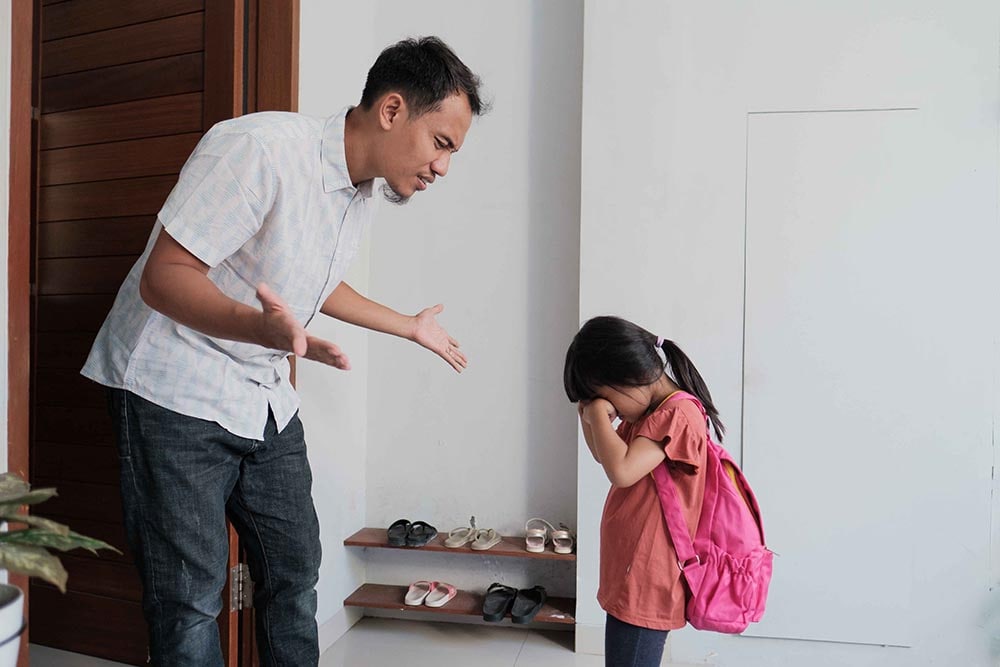When a child has a significant pattern of avoiding school, it can impact their academic performance, development of social relationships, and create lost time at work and conflicts with their parents, in addition to the emotional toll at the root of the school refusal. The longer a child is out of school, the more challenging it can be to return.
Understanding the root of school refusal
School refusal is not the result of a child skipping school for more entertaining plans, but rather a true aversion to attending school itself.
There may be a secondary reason the child does not want to attend school, such as:

-
Bullying
-
Difficulty with academics
-
Performance anxiety for a test, presentation, or extra-curricular activity
-
Life change, such as a move, new sibling, family death or divorce
-
Separation anxiety, social anxiety, depression, or another disorder
The child may be avoiding school if they have regular complaints of sickness, such as headaches or stomach aches, or consistently leave school early after visiting the nurse’s office
What can be done to treat school refusal?
When school refusal becomes a pattern of behavior for days, weeks, or even months, there are treatment options to support your child’s reentry to school and support for anxiety or similar.
We offer treatment plans for school refusal based on the severity of the condition: mild, moderate, or severe. Fees and length of time vary by individual, but the average treatment is six weeks.
Step 1: Assessment and identification of root causes of school avoidance
- A comprehensive intake with a therapist who specializes in school refusal
- Initial data collection, interviews with the affected student and their parents, and potentially teachers, caregivers or school staff, assessment measurements using relevant ratings/scales, school and home observation (in person or remotely), medical evaluations, and collateral conversations
Step 2: Personalized recommendations and a structured treatment plan
Treatment plans require consistent, dedicated planning and implementation to ensure the behavior is discontinued
Treatment plans for students may include:
- Increasing exposure to the school environment in small graduated steps
- Relaxation training to help a child as they approach school or are approached by peers
- Social skills training to improve interactions with peers
- Setting up rewards or contingencies based on school attendance
- Goal-setting
- Teaching children to use helpful thoughts and actions when they are worried or fearful
Parent/School training may include:
- Developing a smooth morning and evening routine
- Providing attention for positive behaviors and school attendance. Establishing disincentives for nonattendance, and ignoring negative behaviors
- Removing the ability to partake in desirable activities during school hours including watching tv, playing video games, or engaging in other fun activities
- Communication skills training to reduce conflicts at home
Please contact us for more information or to schedule a consultation.




